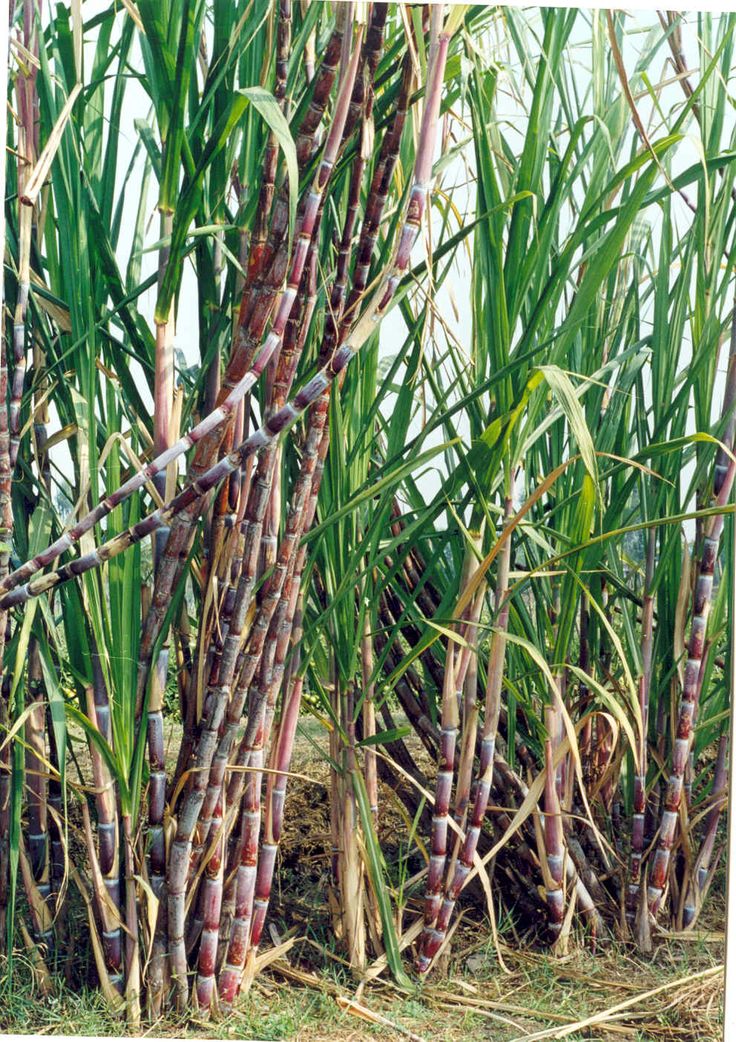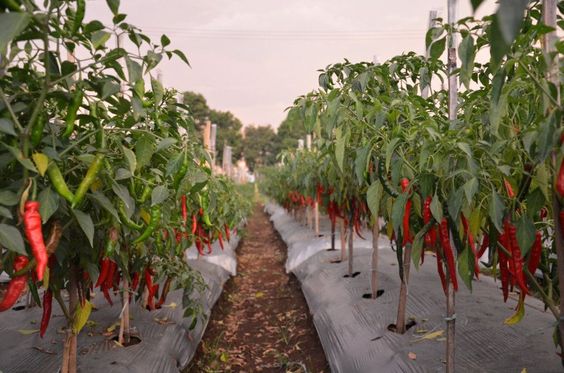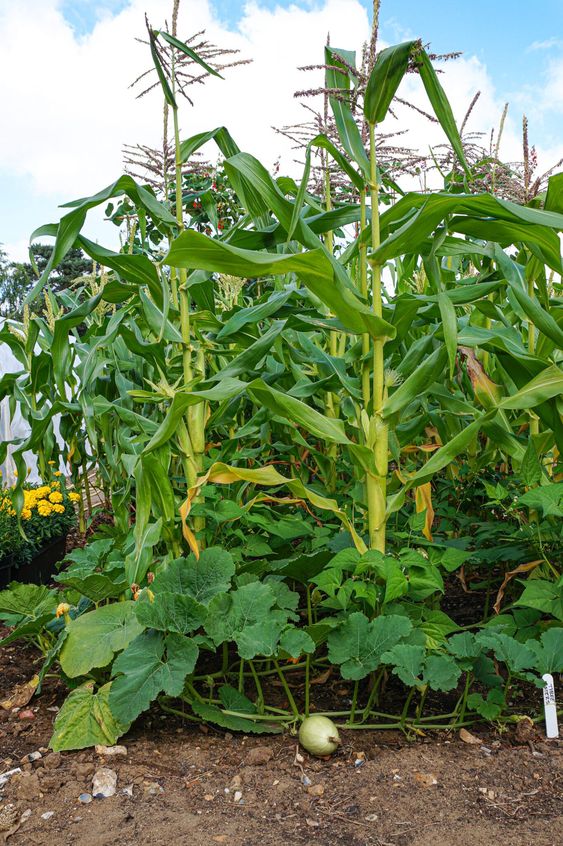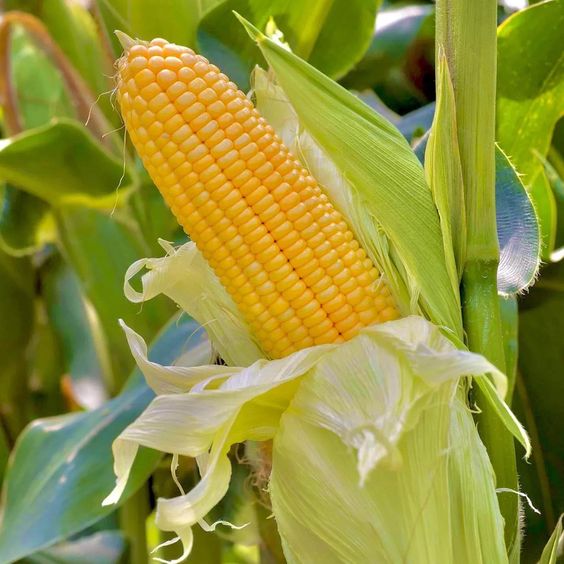Harnessing Sweet Success: Marketing Sugarcane Products in the Smart Agriculture Era
Marketing Sugarcane Products, a tall, grassy stalk, yields a surprisingly sweet commodity – sugar. But sugarcane’s bounty extends far beyond the table. From biofuels to eco-friendly packaging, this versatile crop offers a wealth of products. However, effectively marketing these sugarcane derivatives in today’s competitive landscape requires embracing smart agriculture practices. This article explores the powerful synergy between smart agriculture and marketing sugarcane products, empowering stakeholders to navigate a profitable and sustainable future.
Contents
The Evolving Sugarcane Industry
Traditionally, sugarcane marketing focused heavily on refined sugar. However, consumer preferences are shifting towards healthier alternatives and eco-conscious products. This presents a significant opportunity for the sugarcane industry to diversify its offerings. Sugarcane derivatives like bagasse (fibrous residue after juice extraction) and molasses (syrup produced during sugar processing) can be transformed into a vast array of valuable products.
Smart Agriculture: A Marketing Game Changer
Marketing Sugarcane Products Smart agriculture, the integration of technology and data into agricultural practices, plays a crucial role in maximizing yield, optimizing resource use, and ensuring product quality. Here’s how it empowers sugarcane product marketing:
-
Data-Driven Decisions:
Smart agriculture tools like sensors and field monitoring systems provide real-time data on soil health, nutrient levels, and weather patterns. This empowers farmers to make informed decisions about sugarcane growth, leading to higher quality crops and improved yields of desired byproducts like bagasse. -
Traceability and Transparency:
Consumers are increasingly demanding transparency in their food and product choices. Smart agriculture facilitates traceability by recording data throughout the sugarcane lifecycle. This allows brands to showcase sustainable practices and ethical sourcing, resonating with environmentally conscious consumers. -
Sustainability and Eco-Innovation:
Smart irrigation systems and precision agriculture techniques minimize water usage and optimize fertilizer application. This not only reduces environmental impact but also strengthens the marketing narrative, allowing brands to position sugarcane products as environmentally responsible. -
Product Differentiation:
Smart agriculture enables the creation of unique and innovative sugarcane derivatives. For instance, bagasse can be processed into bioplastics, a sustainable alternative to traditional plastics. This differentiation strategy allows brands to cater to specific market segments and command premium pricing.
Marketing Sugarcane Products for Success
By leveraging smart agriculture practices, stakeholders can effectively market sugarcane products in the following ways:
-
Target the Right Audience:
Data analytics tools can identify consumer preferences and buying habits. This allows for targeted marketing campaigns that resonate with specific demographics, like highlighting the health benefits of natural sweeteners derived from sugarcane. -
Storytelling and Brand Building:
The narrative surrounding sugarcane products becomes a powerful marketing tool. By showcasing sustainable farming practices, ethical sourcing, and innovative product development enabled by smart agriculture, brands can build trust and loyalty with consumers. -
Partnerships and Collaboration Marketing Sugarcane Products:
Collaboration between farmers, processors, and retailers is crucial. Smart agriculture platforms can facilitate real-time communication and data sharing, ensuring efficient supply chains and timely delivery of high-quality sugarcane products. -
Digital Marketing Sugarcane Products Strategies:
Utilizing social media, influencer marketing, and targeted online advertising allows brands to reach a wider audience and educate consumers about the diverse benefits of sugarcane derivatives. Additionally, creating a robust online presence fosters brand awareness and allows consumers to connect with the story behind the product.
Collaboration is key in the Smart Agriculture era. Sugarcane producers, processors, and distributors can work together to develop effective marketing strategies. Additionally, partnerships with research institutions can lead to the development of new value-added products and innovative marketing approaches.
Conclusion: A Sustainable Sweet Future
Marketing Sugarcane Products is rooted in innovation and sustainability. By embracing smart agriculture practices, stakeholders can unlock the full potential of sugarcane as a versatile and eco-friendly resource. This approach not only empowers farmers and processors to optimize yields and create high-quality products but also allows brands to develop a compelling narrative that resonates with today’s conscious consumer. By harnessing the power of smart agriculture, the sugarcane industry can secure a sweet success that is both profitable and sustainable.




